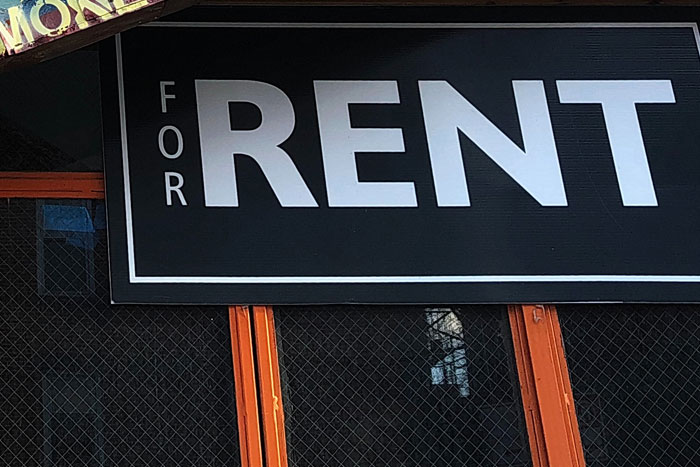COVID-19 has ravaged the world’s economy, with economic shutdowns forcing people out of their jobs. For many, the financial loss has made it impossible to pay the rent.

In the last couple of months, Texas has opened its economy and unemployment rates have been dropping. For instance, the unemployment rate in Houston has dropped to 8.4%. However, many Houston tenants are still struggling to pay the rent. Many are relying on government assistance to keep a roof over their heads.
Houston’s rental assistance program is a good start
The city of Houston launched a $60 million dollar rental assistance program that has been giving tenants a generous amount of money to use toward rent. Approximately 7,500 Houston tenants have been selected for final approval under this program. However, tenants won’t receive assistance from the $60 million COVID-19 Rental Assistance Program unless their landlords also apply for the program.
Despite the growing number of tenants who need rental assistance to survive, not all Houston landlords are applying for this program. Tenants who need help now are frustrated that their landlords haven’t applied. Meanwhile, they’re watching their bank account dwindle down to zero.
Program administrators say tenants should apply anyway, even if their landlords won’t. The program has an additional $350,000 available to help tenants whose landlords haven’t applied. This fund is fueled by donations from people who want to help Houston tenants.
Houston landlords need help, too
Although everyone talks about tenants needing help, many landlords also need assistance to pay their mortgages. Landlords have to pay monthly housing bills just like tenants, as not all property owners have paid off their mortgages yet. Many landlords depend on collecting rent to pay their mortgages.
Landlords who can create and maintain good relationships with their tenants are the ones who will manage to keep collecting rent throughout the economic shutdowns. Tenants aren’t always upfront about their financial situation; many have the money to at least pay partial rent, but are holding onto it out of fear. A good tenant relationship can make the difference between getting paid partial rent or nothing at all.
To get paid, some Houston landlords are turning to property management companies like Green Residential to take over their landlord duties and manage their tenant relationships. These are the landlords who will see the biggest returns during this COVID-19 crisis.
Strict requirements for landlords applying for financial aid
There are strict requirements for landlords who apply for help under Houston’s rental assistance programs, past and present. Under these relief programs, landlords must agree to waive all penalties and late fees, create payment plans for tenants to pay previously unpaid rent, and stop any evictions.
For many Houston tenants, rental assistance isn’t enough
Many tenants are experiencing some of the hardest times they’ve ever encountered. Even after getting approved for rental assistance, tenants are still struggling to put food on the table, buy medicine, pay car insurance, and pay their cell phone bills. Rental assistance offers some relief, but it’s not enough. More than temporary monetary relief, tenants need a steady job they can rely on to provide them with regular income so they don’t have to choose where to allocate the little bits of money they have.
The federal eviction moratorium is keeping many Houston tenants off the streets
Tenants who can’t pay the rent because of a COVID-induced hardship don’t have to worry about being evicted, at least through the end of 2020. A moratorium on evictions issued by the CDC has been put into place that applies to everyone who qualified for an economic relief payment earlier in the year.
The eviction moratorium expires at the end of 2020 and then evictions can (and will) resume. Houston tenants relying on this moratorium to stay off the streets don’t have to worry for now, but will need a game plan for the end of the year. Unless a tenant is able to pay all back rent owed, most landlords will move forward with evictions so they can turn over the unit and resume generating income.
We’ll probably see more assistance programs toward the end of 2020
So far, some assistance programs have been extended to accommodate the growing number of people in need of help. Although the unemployment rate is dropping nationwide, it’s not enough because the economy isn’t where it was pre-pandemic.
Unless we see a sharp turnaround in the economy before winter, we can expect to see additional assistance programs pop up at the state and local level for struggling tenants and landlords.
